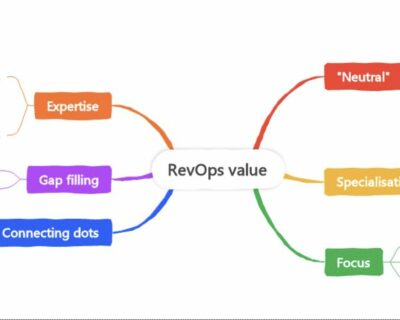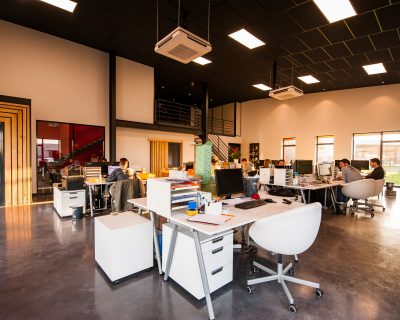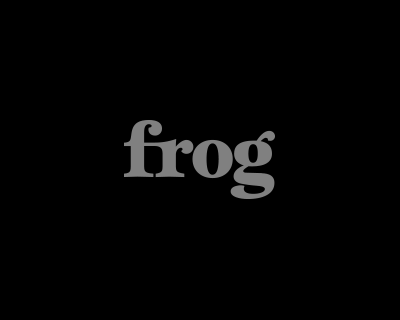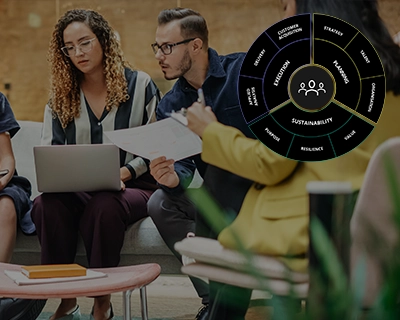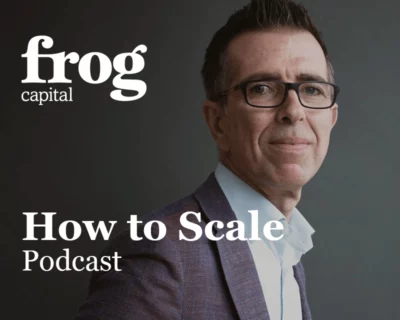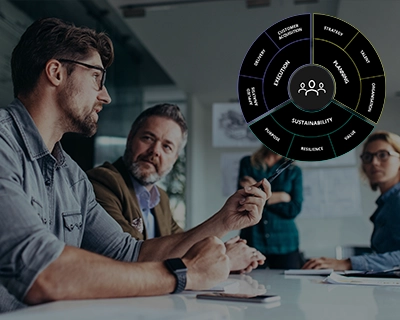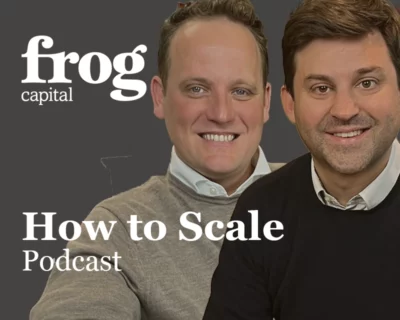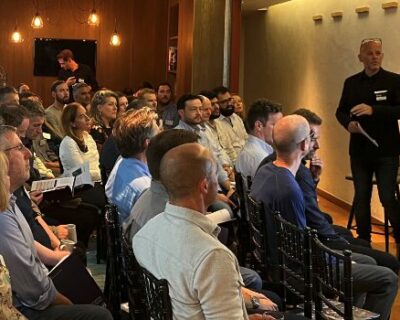As part of the AWS Activate programme, Frog recently held a round table discussion about Machine Learning in Scale-ups. Alongside Nikhil Dinesh from AWS, Frog’s technology operating consultant Andrew Betteley was joined by two CTOs from the Frog portfolio, Rory Newton, CTO of Azimo and Mathias Hansson Fredlund, CTO of Winningtemp to discuss how they have invested in machine learning, the development journey that they have been on and the value machine learning brings to scale-up organisations.
Azimo is a leading online and mobile money transfer service with over 1 million customers sending money to over 200 countries. Winningtemp is a leading employee engagement software business, helping businesses drive increased productivity through improved engagement. Two very different businesses with equal focus on software and machine learning. During the roundtable the team discussed the value machine learning provides, when to invest, how to get the most out if and what the future holds. Key themes include predictive analytics, talent management, automation, customer experience and scalability.
A common theme in machine learning discussions often points towards early and accurate predictions across large data sets. Interestingly, both Azimo’s and Winningtemp’s approach recognises the value that dynamic rule evolution has; replacing the traditional “if-this-then-that” rules, so continuing to evolve and change as the domain within which they operate matures. Not only do these organisations enjoy the benefit of accurate and earlier predictions, but they also continue to have confidence that their decision logic remains consistently relevant throughout the lifetime of the model.
Talent Management and how best to structure and grow machine learning teams was also a focus of the conversation given it presents many challenges and there are different approaches. Each is dependent on the nature of the problem being solved. For example, a project at Azimo looked to learn from the historical transaction logs to better predict when money would arrive in recipients accounts. By nurturing an ML team from within the existing organisation, Azimo had the domain experience and contextual knowledge to quickly understand whether ML delivered solutions that were relevant and value creating. On the other hand, Winningtemp identified that their ‘temperature prediction’, the employee engagement score their software generates, could only be underpinned by ML and so recruited an initial team of Data Scientists and Machine Learning experts to design an architecture around their data requirements from the very beginning.
The secondary effects or the downstream impact of machine learning was also a predominant topic within the discussion. Machine Learning is enabling significant advances in automation whether by enhancing customer facing applications or improving back office process efficiency. Whilst the external perspective of these advances includes improved customer experience and engagement, the internal context of efficient operations and automation provide a robust environment for an organisation to scale.





